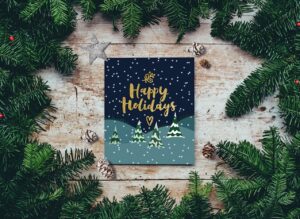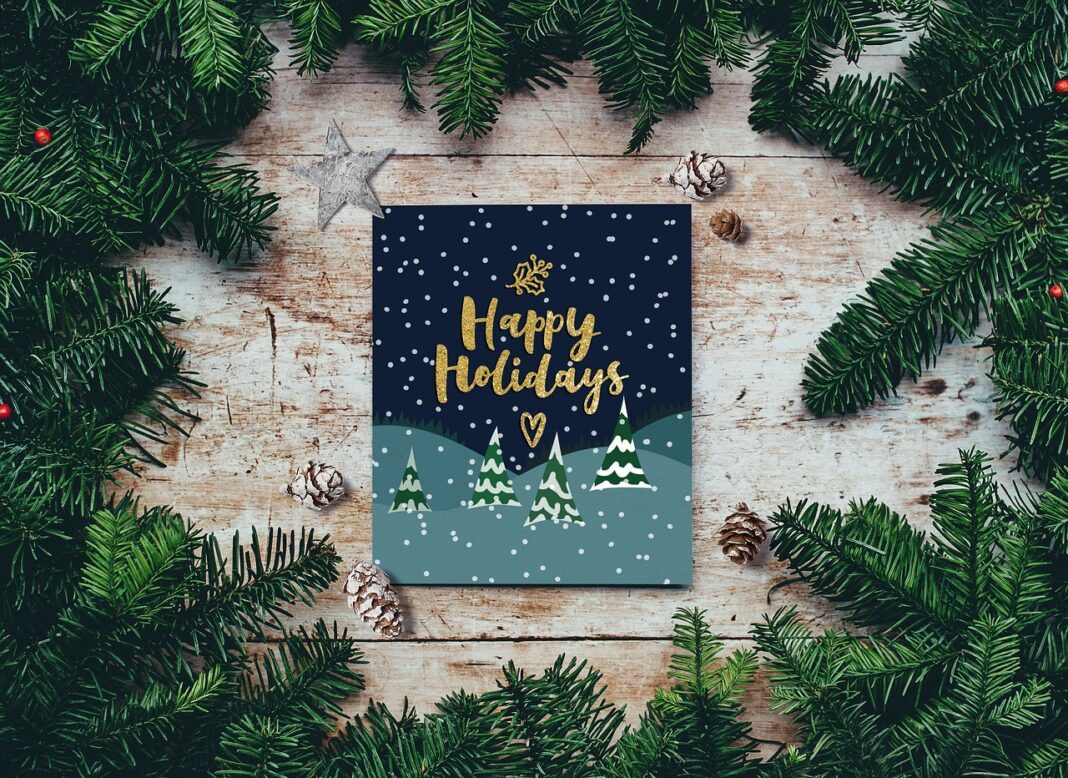Happy Holidays!
Happy holidays to everyone! In this post, let’s take a look at the holidays that happen around this time of year.
Around the world, there are over 7000 public holidays (or other special days). To minimize the options, we can refer to only the holidays at the end of the year for the Gregorian Calendar. In that case, the most common answers would be Christmas and all of the New Years celebrations. However, there are other holidays that are celebrated around this time, some of which are below.
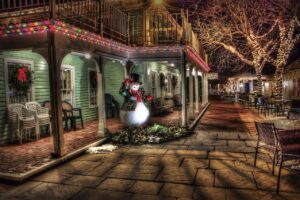
1. Hanukkah
Hanukkah is a Jewish festival of lights, lasting 8 days. Orginating from 175 B.C., after a conflict against King Antiochus’ law that demanded Jews to worship Greek Gods. The Temple of Jerusalem was a major place that stood against the King’s law. Following King Antiochus’ defeat, one jar of oil was left in the temple, enough to light its candles for one day. According to one of Judaism’s holy text, this oil miraculously burned for 8 days, enough for them to resupply the oil.
Today, Jews celebrate this miracle by participating in Hanukkah and lighting a menorah for eight nights. The menorah consists of 9 candles, eight for each night and the last to light the other candles. Every night, one of the candles is lit. During Hanukkah, people recite prayers and blessings, sing songs, and exchange gifts. All to celebrate this miracle in that temple that happened more than 2000 years ago.
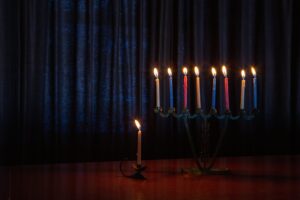
2. Bodhi Day
Bodhi Day happens twice each year. It celebrates the “Historic Buddha” achieved enlightenment. As a summary, Siddhartha Gautama, a prince, had been exposed to the unpleasant reality of the world. Running away to find the meaning of life, he meditated under a large tree, known as the “Bodhi Tree, over a time interval ranging from a week to 49 years. Following his enlightenment and return to his village, he would see to 40 years of teaching his lessons.
As a celebration, Bodhi Day encourages people to meditate, chant Buddhists chants, and performing kind acts to one another. Bodhi is celebrated annually on December 8th and the 8th day of the 12th lunar moon. Every once in a while, the lunar Bodhi Day may fall in Christmas.
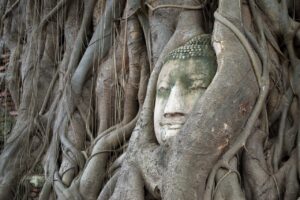
3. Kwanzaa
Kwanzaa is celebrated primarily as a 7 day African-American holiday. The purpose of this holiday is to affirm the family and social values of Africans in America.
Kwanzaa is celebrated annually from December 26th to Janurary 1st. This 7 day celebration is celebrated with a daily principle for each day. The principles are as follows:
- Unity
- Self-determination
- Collective work and responsibility
- Cooperative economics
- Purpose
- Creativity
- Faith
Along with these principles, there are also seven symbols: fruits, vegetables, and nuts; strawmat; candle holder; ears of corn; gifts; communal cup; and the seven candles. These seven candles are in the African flag colors of red, green, and black. Similar to Hannukah, families come together to light one candle each day. From there, they discuss the principle of the day. Additionally, on December 31st, a community feast called Karamu is held.
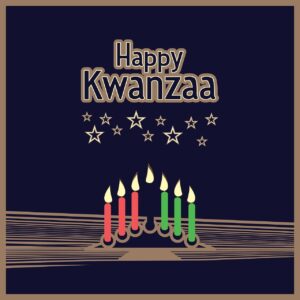
4. Diwali
Diwali is India’s biggest and most important holiday of the year, celebrated across 5 days. In fact, it is as important to them as Christmas is to Christians. The origin of Diwali and why it is celebrated actually depends on the geographical area of India.
- For northern India, it is celebrate the story of King Rama’s return to Ayodhya and defeating Ravana with rows of lit clay lamps.
- For southern India, they celebrate for Lord Krishna defeating demon Narakasura.
- For western India, Diwali celebrates Lord Vishnu sent the demon King Bali to rule the nether world.
To celebrate Diwali, people follow the five day traditions. First, to bring good fortune, houses are cleaned and gold or kitchen utensils are bought. Second, clay lamps and floor designs called Rangoli are brought as decorations. As the third day being the main day, families gather to pray to Goddess Lakshmi. Fourth, as a new year, gifts and best wishes are given. Lastly, brothers welcome their married sisters to a lavish meal.
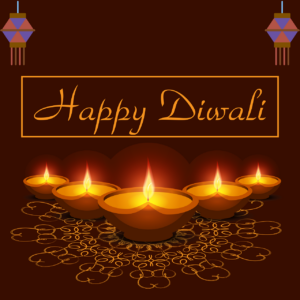
5. Ōmisoka
Ōmisoka is a Japanese holiday held on December 31st. It is celebrated for refreshment into the new year. As a result, families are brought together to help clean their houses and prepare for New Years.
On December 31st, families gather around the TV to watch special Ōmisoka programs. At this time, they also eat toshi-koshi, buckwheat noodles, as a hope that their lives are will be as stretched as the noodles. This day is also the one day where kids are allowed to stay up late. At midnight, the Buddhist temple strike their bell 108 times, due to their belief that there are 108 earthly passions that are to be overcome for enlightenment. These bells are waited until silence and its tolling from famous temples are broadcasted.
Ōmisoka is a holiday that preceeds the Oshogatsu holiday in the first 3 days of the year, Japan’s biggest holiday. In these 3 days, people flock to the temples, praying for a healthy and prosperous year.
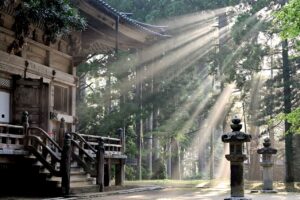
Why Do We Say Happy Holidays?
Now that we were exposed to technically 6 other holidays, there are many holidays we could be referring to when we say “Happy Holidays”. As a matter of fact, “Happy Holidays” was created for this religious reason. Since the 1800s, this saying is still popular up to this day. Out of this, “Happy Holidays” provides respect and acknowledgement to the many holidays around the world.
With that in mind, no matter what holiday you celebrate, I wish you all: Happy Holidays!
